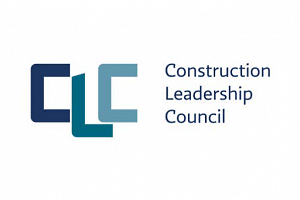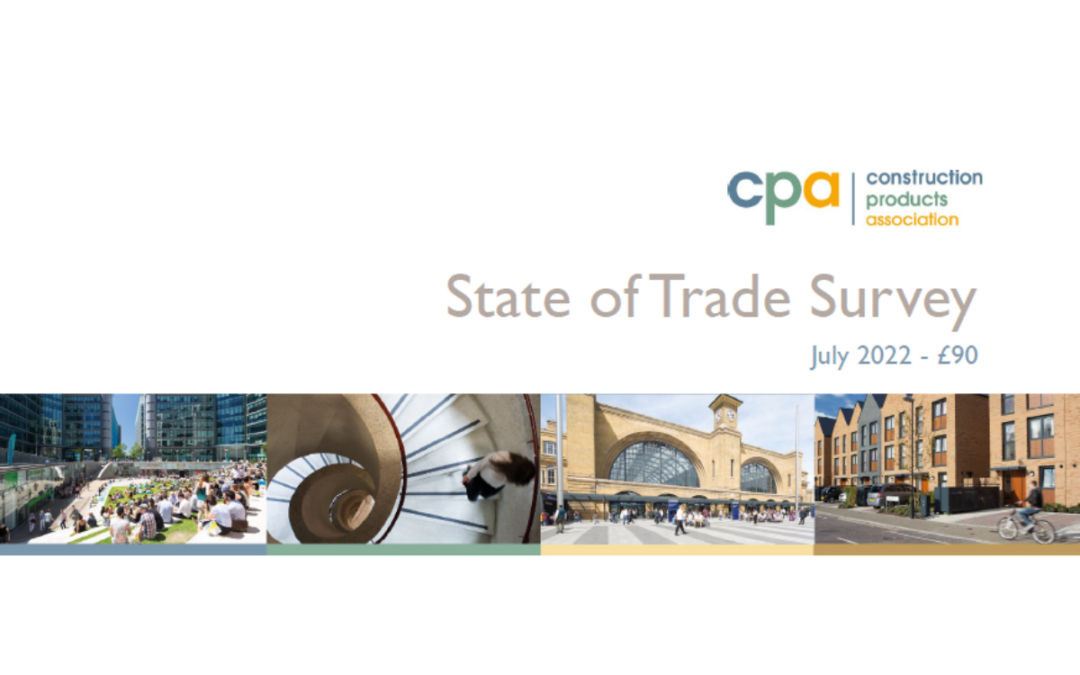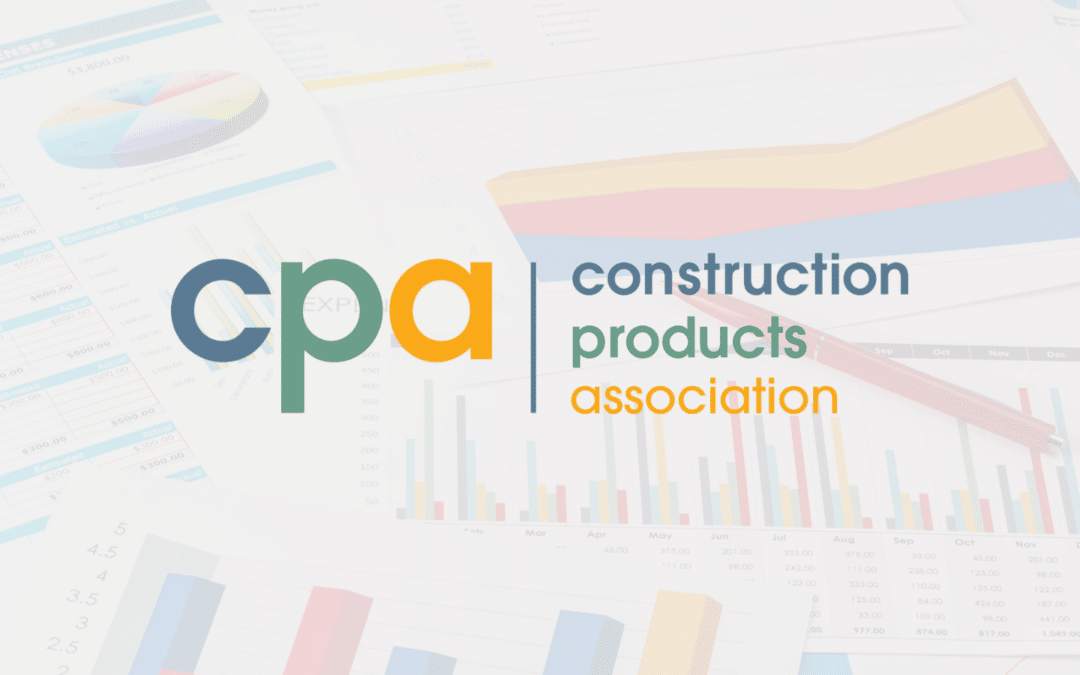Construction product manufacturers reported an eighth straight quarter of sales growth in Q2, according to the Construction Products Association’s State of Trade Survey. Combined with another quarter of broad and accelerating cost inflation, expectations have been dampened for the year ahead, however.
In Q2, 30% of heavy side manufacturers and 17% of light side manufacturers reported that product sales increased compared to 2022 Q1. Alongside this, all heavy side firms and 94% of those on the light side reported an annual rise in costs. For the heavy side, this was the fourth consecutive quarter of universal cost increases that span across inputs such as fuel, energy, raw materials and labour.
Against a broader economic backdrop of rising inflation, manufacturers cited that demand is likely to be the key constraint on activity going forward, leading to the first negative balance for expected sales since mid-lockdown in 2020. On balance, 30% of heavy side firms, whose products tend to feed into the earlier stages of construction, anticipate a decrease in sales in Q3 and one-third anticipate a fall in 12 months. As a result, 11% also envisage a decrease in their labour force in the year ahead.
Rebecca Larkin, CPA Senior Economist said:
“In recent quarters, construction product manufacturers have reported escalating inflationary pressures across fuel, energy, raw materials and wages. Added to this, there are early reports that higher costs further down the supply chain for transport, insurance, reverse charge VAT, and the removal of the red diesel rebate are starting to be reflected in lower confidence and delayed decision-making for new construction projects.”
She also adds: “Demand currently remains strong, particularly in the housing, RM&I, industrial and infrastructure sectors, but the headwinds related to costs are intensifying. Consumer price inflation is yet to peak too, which poses a downside risk if households and businesses rein in spending as disposable incomes and margins are eroded.”
Key survey findings include:
- A balance of 30% of heavy side firms and 17% of light side firms reported that construction products sales rose in Q2 compared with the previous quarter, the eighth consecutive quarter of growth
- Sales balances weakened from 43% (heavy side) and 50% (light side) in Q1
- 30% of heavy side manufacturers anticipate a fall in sales in Q3, whilst 17% of light side firms expect an increase, the lowest balance since the first national lockdown in 2020 Q2
- Costs for fuel, energy, raw materials and wages & salaries rose for all heavy side manufacturers
- Costs are expected to increase over the next year according to balances of 78% on the heavy side and 94% on the light side
- Weaker hiring intentions were reported by both heavy side and light side manufacturers
Overall, the Q2 survey results provide the first indication that the inflationary backdrop is now starting to impact on confidence around the near-term outlook for construction.





